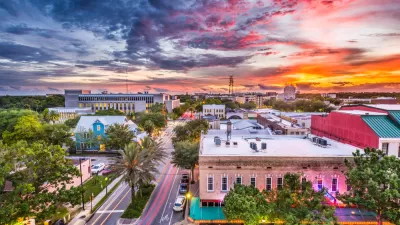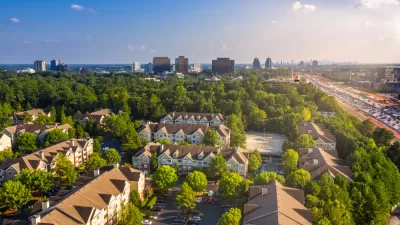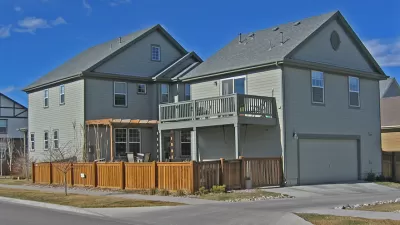In the 1970s and 1980s, condo conversions were all the rage in Chicago. In 2017, however, developers are scooping up multi-family buildings en masse and "deconverting" condo units into apartments.

"The condominium deconversion trend is gaining momentum in Chicago, where three more big high-rises are flirting with plans to go rental," reports Alby Gallun.
According to Gallun, the deconversions are reversing the condo conversion trend that transformed the city in the 1970s and 1980s. Times have changed, however:
Today, amid a hot apartment market, developers are willing to take on the often messy task of re-assembling condo buildings, wagering they'll be worth more as apartments. In the most recent big deal, Strategic Properties of North America completed a $51.5 million acquisition of Bel Harbour, a 30-story, 207-unit high-rise overlooking Belmont Harbor in Lakeview.
The article also devotes attention to the process developers use to deconvert condos. An Illinois state law allows developers to "take over all the condos in a building in one deal only if owners of 75 percent of the units in a property approve the sale." Developers often pay a premium to buy that support, offering a financial incentive for condo owners to approve the sale.
Meanwhile, a few fairly large condo deconversions are in the works. Developer Golub has offered $60 million to buy and deconvert Century Tower, a 28-story building in the Loop.
FULL STORY: These big condo towers could be rentals once again

Planetizen Federal Action Tracker
A weekly monitor of how Trump’s orders and actions are impacting planners and planning in America.

Map: Where Senate Republicans Want to Sell Your Public Lands
For public land advocates, the Senate Republicans’ proposal to sell millions of acres of public land in the West is “the biggest fight of their careers.”

Restaurant Patios Were a Pandemic Win — Why Were They so Hard to Keep?
Social distancing requirements and changes in travel patterns prompted cities to pilot new uses for street and sidewalk space. Then it got complicated.

Platform Pilsner: Vancouver Transit Agency Releases... a Beer?
TransLink will receive a portion of every sale of the four-pack.

Toronto Weighs Cheaper Transit, Parking Hikes for Major Events
Special event rates would take effect during large festivals, sports games and concerts to ‘discourage driving, manage congestion and free up space for transit.”

Berlin to Consider Car-Free Zone Larger Than Manhattan
The area bound by the 22-mile Ringbahn would still allow 12 uses of a private automobile per year per person, and several other exemptions.
Urban Design for Planners 1: Software Tools
This six-course series explores essential urban design concepts using open source software and equips planners with the tools they need to participate fully in the urban design process.
Planning for Universal Design
Learn the tools for implementing Universal Design in planning regulations.
Heyer Gruel & Associates PA
JM Goldson LLC
Custer County Colorado
City of Camden Redevelopment Agency
City of Astoria
Transportation Research & Education Center (TREC) at Portland State University
Camden Redevelopment Agency
City of Claremont
Municipality of Princeton (NJ)





























